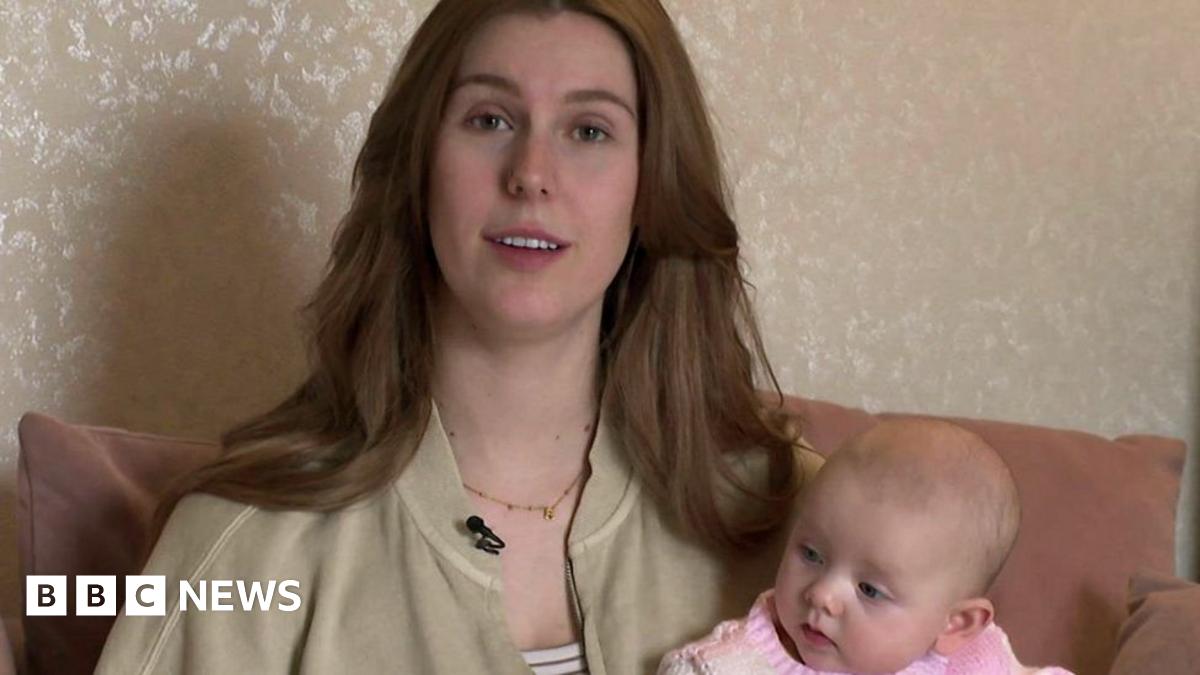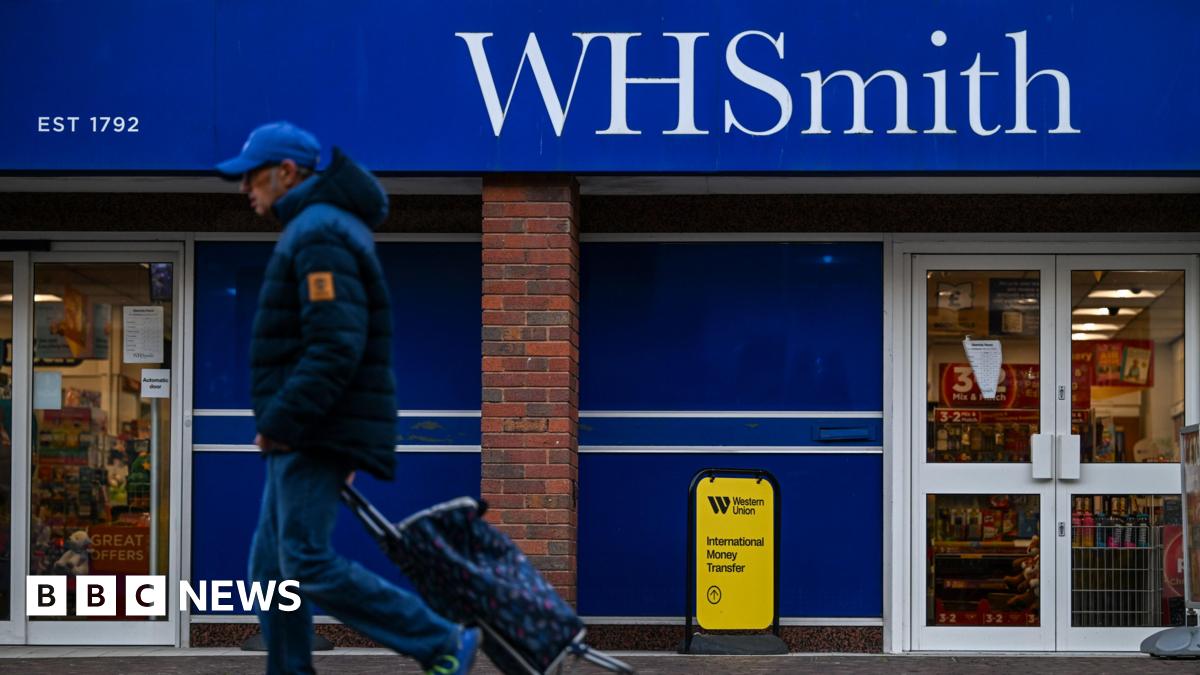Michael Calvey was one of the west’s biggest champions of investing in Russia — even after security services threw him in a cell in “Kremlin Central”, a VIP wing of a notorious Moscow prison.
Now, the founder of private equity firm Baring Vostok is glad to be out.
The Oklahoman, 57, has emerged from a five-year ordeal, after his company, which was Russia’s biggest western investor, withdrew from the country in April and his probation on a 2021 suspended sentence for fraud expired.
The surreal experience of being convicted forced Calvey to fight for his innocence while believing the Kremlin had already decided the outcome. At his trial, state prosecutors argued the documents Calvey’s team produced to indicate his innocence just proved how successfully he had covered up the supposed crime. “It was straight out of Kafka,” Calvey recalls.
He admits he thought his years championing Russia would protect him from the dark turn the country had begun to take under President Vladimir Putin — one that ultimately led to the full-scale invasion of Ukraine in 2022.
“I never really saw the brutal face of Russia’s security services until I was arrested,” he tells the Financial Times at its London office in the first interview since his probation expired this summer. “If someone like me who had done so many good things for Russia . . . and had convinced many investors to share my belief in the country — if something like that could happen to me, then it literally could happen to anybody.”
Baring Vostok is one of nearly 1,800 western companies to have left Russia since the war began, after selling its assets to local partners in April. Calvey says he wishes he could have condemned the war earlier but feared the Kremlin could punish his investors and former Russian colleagues.
“I feel like I needed to speak out at some point,” Calvey says. “I don’t feel I can safely go back to Russia . . . And if you are planning to wait out the war and the aftermath, it would be impossible to do that without making some benign statements about the war sooner or later. I wouldn’t feel morally comfortable with that.”
Calvey started investing in Russia almost by chance. Growing up in Oklahoma, he originally planned to go into politics, with ambitions to become his home state’s governor. Instead, he spent a couple years after university on Wall Street, working as an analyst at Salomon Brothers in the late 1980s — a period immortalised in Michael Lewis’ book Liar’s Poker — before taking a job doing energy project finance in the Soviet Union at the European Bank for Reconstruction and Development. A week before he was meant to start, he set off to climb the Matterhorn mountain in the Alps just as a clique of hardliners launched a coup against Mikhail Gorbachev. When he descended three days later, he saw a picture of Boris Yeltsin, Russia’s first president, defying the plotters from atop a tank.
That fateful moment spurred the USSR’s collapse and kick-started Calvey’s career. “It was fun and adventurous in the way the Wild West probably was,” he remembers. He moved to Moscow in 1994 and set up Baring Vostok, which raised western institutional funds and hired a local team to invest in Russian businesses.
It was not for the faint of heart. Successful investments attracted hostile attention from rapacious oligarchs. Russia defaulted on its debt in 1998, prompting many western investors to pull out; Calvey remembers a bank calling to check Baring Vostok wanted to send funds into the country, rather than withdraw. By then, Calvey had married a Russian woman and built an inseparable team with his Russian partners. They discovered early-stage start-ups, such as search pioneer Yandex and online bank Tinkoff, which earned Baring Vostok enormous returns when they went public.
As Putin consolidated his power and lashed out against the west, Calvey knew there was a dark side to Russia. The 2014 annexation of Crimea from Ukraine made that clear. “You could see there was this kind of fertile ground for nationalism, pent-up frustration and anger. There was a very ugly face of Russia to see up close. It was disturbing. I probably should have viewed that as more of a fundamental risk,” he says.
But Calvey thought Russia’s investment case was still too strong — and flew around the world to reassure his investors.
In the run-up to the full-scale invasion, however, those two Russias began to converge. Baring Vostok agreed a bank merger with an up-and-coming businessman who had secured Putin’s sign-off on the deal and was close to Andrei Belousov, appointed Russia’s defence minister this year. Soon after, Baring Vostok and the central bank discovered Calvey’s new partners had made a flurry of transactions after the deal’s due diligence cut-off that quickly went sour.
The dispute escalated. Calvey’s apartment mysteriously caught fire two hours before a difficult negotiation over dinner with his business partners. Then, early one morning in February 2019, security services arrested him on charges that, as Calvey later learnt, Putin had personally backed.
Convinced of his innocence, Calvey was sure the Kremlin would realise its error. “My arrest would cost Russia billions of dollars of lost investment. And I figured there were enough rational people at high levels of decision making in Russia that would quickly understand that.” Instead, he found himself sharing a jail cell with a deputy culture minister, a Russian army general, a computer hacker, a drug dealer, and three construction magnates.
Calvey was among the first prominent western executives arrested in Russia, which made him something of a celebrity — as well as a target for abuse from the guards. When he asked for a second mattress to help alleviate back pain from sleeping on a concrete slab, he says one warden replied: “Nobody gets a second mattress in Guantánamo!”
Eventually, as Calvey later learnt, a series of influential Kremlin-connected figures lobbied Putin to roll back the case, as did the US and French governments. But although Calvey and his co-defendants were released to house arrest, the security services refused to dismiss the charges.
“This system is like a car with six gears going forward and none in reverse. Their core organisational principle is never admit a mistake,” he says. A Russian court gave them suspended sentences, prompting messages of condolence from his western friends — and congratulations from Russians who knew that the best anyone could do was avoid more jail time.
Calvey left Russia for Switzerland, where his family live, in January 2022 with every intention of going back. “I was deeply bitter about the people who control the system, [but] I still believed in the Russian people, especially [those] who really stuck their necks out to help me,” he says. The years of his ordeal had been the most profitable in Baring Vostok’s history, even though Calvey had grown deeply disillusioned about Russia’s investment case. He still had to show up for parole to protect his Russian colleagues. And even as tanks amassed on the border with Ukraine, he did not think Putin would go through with the invasion.
“I overestimated Putin’s rationality. I didn’t think he would make a decision that is so obviously catastrophic for Russia itself. Of course, it’s first and foremost a tragedy for Ukraine, but it’s also a strategic and human catastrophe for Russia,” he says.
Speaking again since the US election, Calvey acknowledges Trump’s win “hopefully means a faster end to the war” but believes that is “a disaster for everyone, especially Ukraine”. “But I also hope Trump’s team will aim not just for a ceasefire, but a larger agreement that results in a permanent end to war between two independent countries. This will require complex negotiations and won’t be easy.”
Calvey thinks western sanctions have had unintended consequences. “If the goal was to impose a cost, it’s done that. But it’s pushed some people who would have preferred to live outside of Russia to move back there and to invest all of their money back in Russia, because they have no place to go.”
He thinks western countries should have been quicker to embrace people such as the founders of two of Baring Vostok’s most successful investments, Tinkoff’s Oleg Tinkov and Yandex’s Arkady Volozh. They left the country and spoke out against the war — but laboured under sanctions for more than a year. “The Russian regime used [that] as a way to threaten other people from doing the same thing,” Calvey says.
Calvey is now focusing on his main non-Russian asset, Kazakh fintech Kaspi, as well as start-ups run by exiled Russians such as Plata, an online bank in Mexico set up by former Tinkoff staff. He is open to potential investments in Ukraine should the fighting die down. But he thinks western countries should be doing more to encourage exiled Russian entrepreneurial talent. “Any rational country that understands modern economics would get on their knees to recruit these priceless people. And yet instead they get the cold shoulder. That’s a big own goal by the west.”
Baring Vostok’s exit from Russia triggered billions of dollars in losses on its assets there. “In hindsight, we should have stopped investing a decade earlier,” Calvey admits. But he hopes the companies he helped build could help Russia change for the better.
“I’m still optimistic about Russians — I’m just very pessimistic about Russia itself,” he adds. “Sometime in the future, there’ll be another opportunity for re-engagement with Russia. Might be 10, 15, 20 years . . . I feel like the work we did, you know, made Russia a better place.”
Credit: Source link











